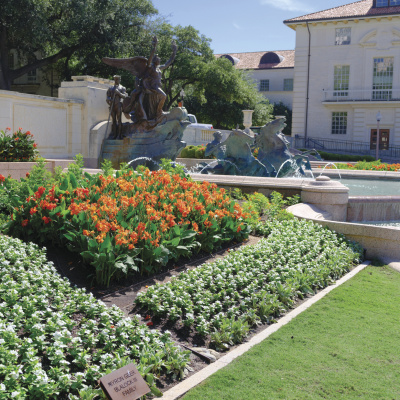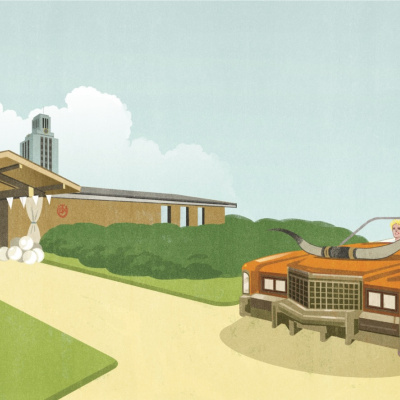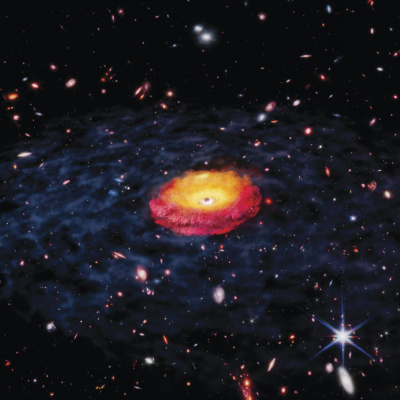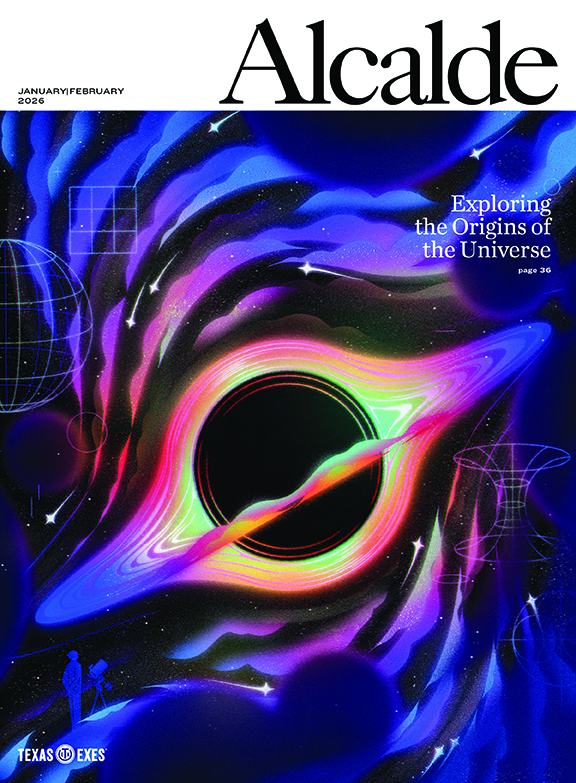Regents Decide Against Developing Brackenridge Field Lab
Plans to develop or move the University's Brackenridge Field Lab on Lady Bird Lake have officially been scrapped.
The UT System regents on Tuesday unanimously voted to exclude the 82-acre biological field laboratory from an extensive, multimillion dollar redevelopment of 350 acres of land in the heart of west Austin known as the Brackenridge Tract.
[more]
An advisory committee assigned to consider the 42-year-old lab's value concluded that the potential monetary gains from developing the land weren't enough to offset the academic costs of shutting it down or moving it to Bastrop, as had previously been proposed. The lab is thought of as an advanced outdoor classroom, and has been home to valuable research on fire ants, insects, and plant life.
"After several discussions, it became clear that UT Austin’s Brackenridge Field Lab is an integral part of the College of Natural Sciences and its mission to provide an outstanding academic experience for students, faculty and researchers,” Regent Janiece Longoria said in a statement. “Furthermore, this decision is consistent with the Board of Regents’ commitment to respect Col. Brackenridge’s wishes that the land be used to serve the best interests of UT Austin.”
The Regents have been considering ways to maximize the value of the Brackenridge Tract, which was given to UT by Regent George W. Brackenridge in 1910, as appropriations from the Legislature have fallen off in recent years.
Biologists and researchers at the University lobbied hard against moving the lab, saying to do so would mean losing decades of scientific data and make the lab far less accessible for faculty and students. Its close proximity to campus was also cited as critical to recruiting top faculty to the University's prestigious integrative biology program.
“I applaud this thoughtful decision by the Board of Regents,” UT President Bill Powers told the Austin Business Journal. “It reflects their understanding that the field laboratory is a vital resource for world-class scientific research at the university.”
Developing the Brackenridge Tract could help the University bring is as much as $3 billion.






